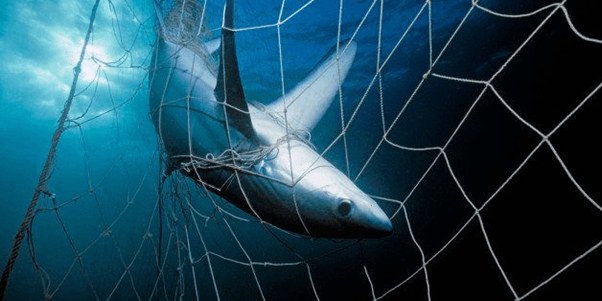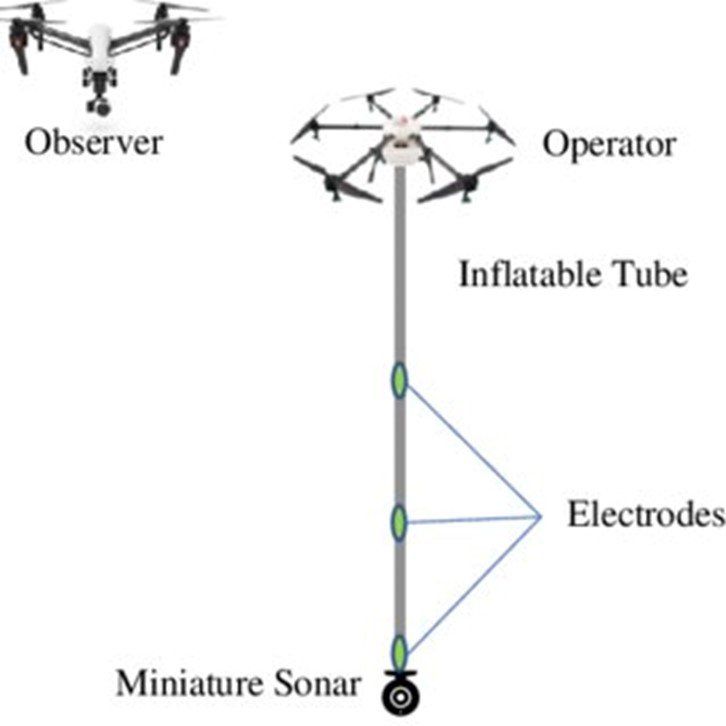Can Drones Protect Swimmers from Shark Attacks?
When we see or hear about a shark attack on the news, we cannot help but feel a bit anxious. Although it does not happen often, protections in place to protect swimmers from sharks are in-fact, having a serious impact on shark populations in countries such as Australia, South Africa, Brazil and Reunion Island.
To reduce incidents of shark attacks, shark hazard-mitigation strategies have been adopted by the countries that are marked as “hotspots” for shark attacks. This usually means applying shark nets, longlines and drumlines. Although the nets stop sharks coming to close to the shore, there is a major problem with bycatch. Huge numbers of species like sea turtles, dolphins, whales and sharks that are harmless to humans get tangled in the nets and die. According to the NGO “The Shark Angel”, shark nets were responsible for the death of over 33,000 sharks in the last thirty years, 25,000 being harmless to humans and more than 10,000 other species".
The early spotting of sharks approaching the coast is crucial for preventing shark attacks. In the last few years drones have been used for a number of surveillances. For example, they have fitted a drone with a “SharkSpotter” artificial intelligence algorithm that can differ shark from 16 other marine animals.
However, detection alone is not enough. It is also very important to prevent attracts. One possible solution is to have a group of drones that can spot and repel sharks with fitted electric shark repellent. Sharks have poor eyesight but have a highly sensitive electric receptor called the ampullae of Lorenzini . The electric receptor is used to sense prey at a very close distances, usually less than one meter. Considering this feature, an electric shark repellent was proposed in South Africa in the 1990s. They have used two or more electrodes to create an artificial electric field that overwhelms the shark and forces it to retreat. It must be submerged into sea water so it can be used as a conductor. It was proven to be a non-invasive, non-lethal shark deterring technology.
To improve this technology, researchers wanted to combine the two mentioned methods. They have proposed using two different drones. One that will observe and detect sharks called the “observer”. It is also fitted with a speaker for warning swimmers and surfers when a shark is detected. The other drone is called the “operator” and has an electric shark repellent and a miniature sonar. They also have communication ability, in particular from the observer to the operator.
Simulations were run, but further testing in the real-world would be necessary to set the drones to maximum efficiency. If this method is proven effective it would mean an end to nets and unnecessary dying of marine life. We can only hope that this kind of technology is developed and approved before we completely decimate shark populations, which can have a serious negative impact on marine ecosystems.
Reference:
Li, X., Huang, H., & Savkin, A. V. (2020). A Novel Method for Protecting Swimmers and Surfers from Shark Attacks using Communicating Autonomous Drones. IEEE Internet of Things Journal , 4662 (c), 1–1. https://doi.org/10.1109/jiot.2020.2987997
SHARE THIS ARTICLE
















